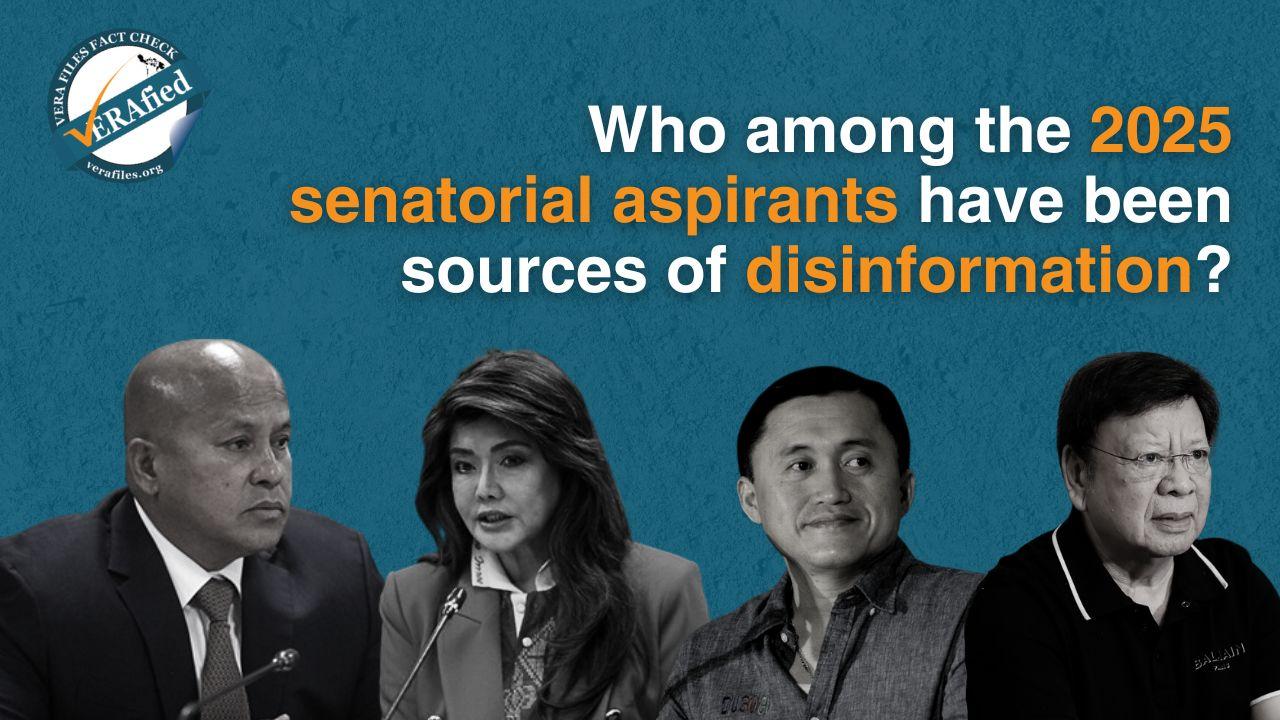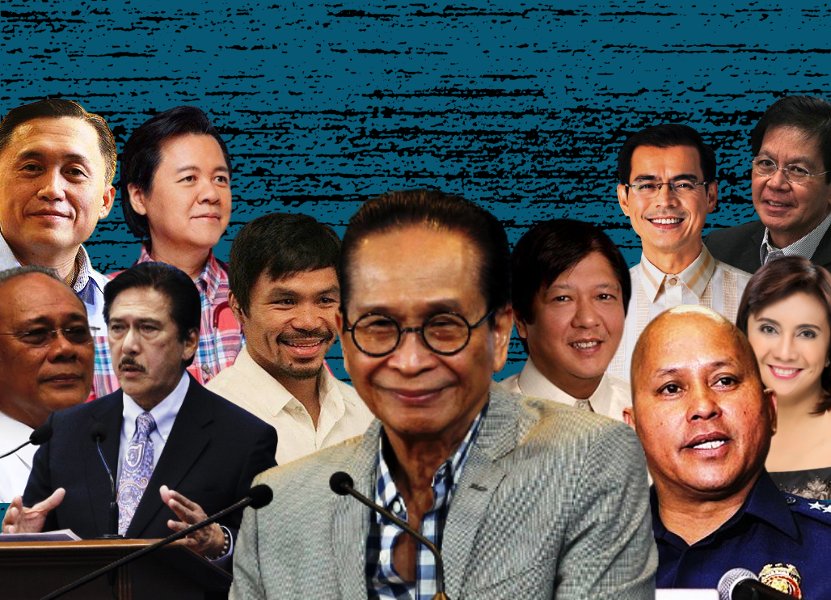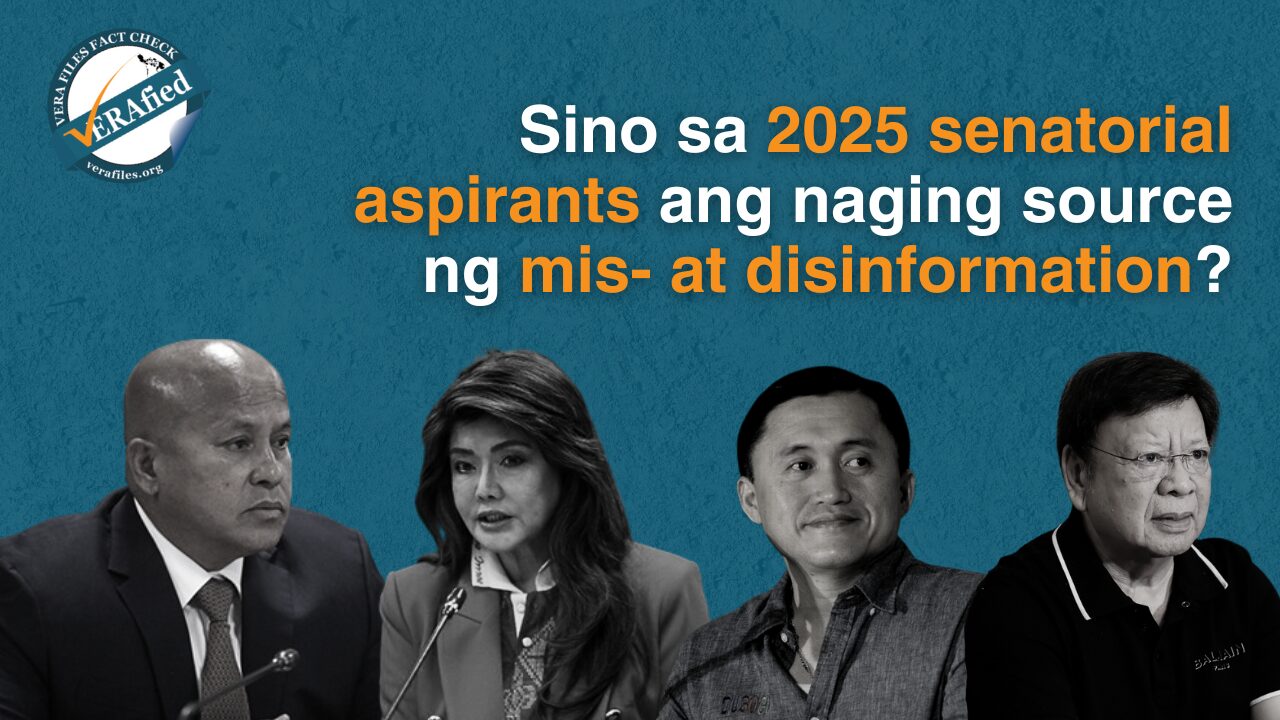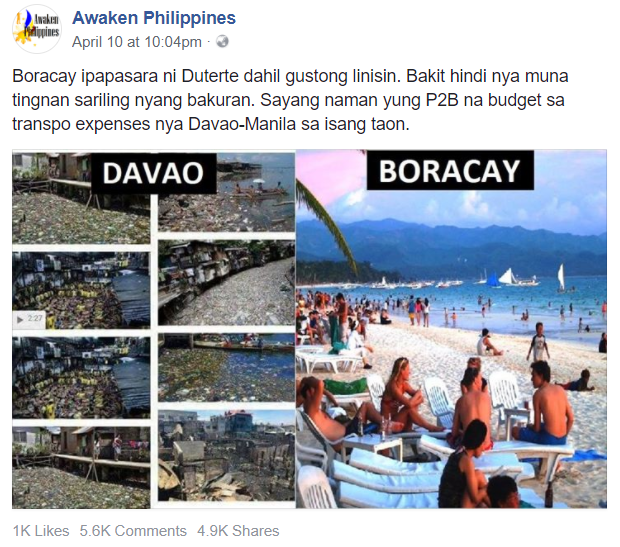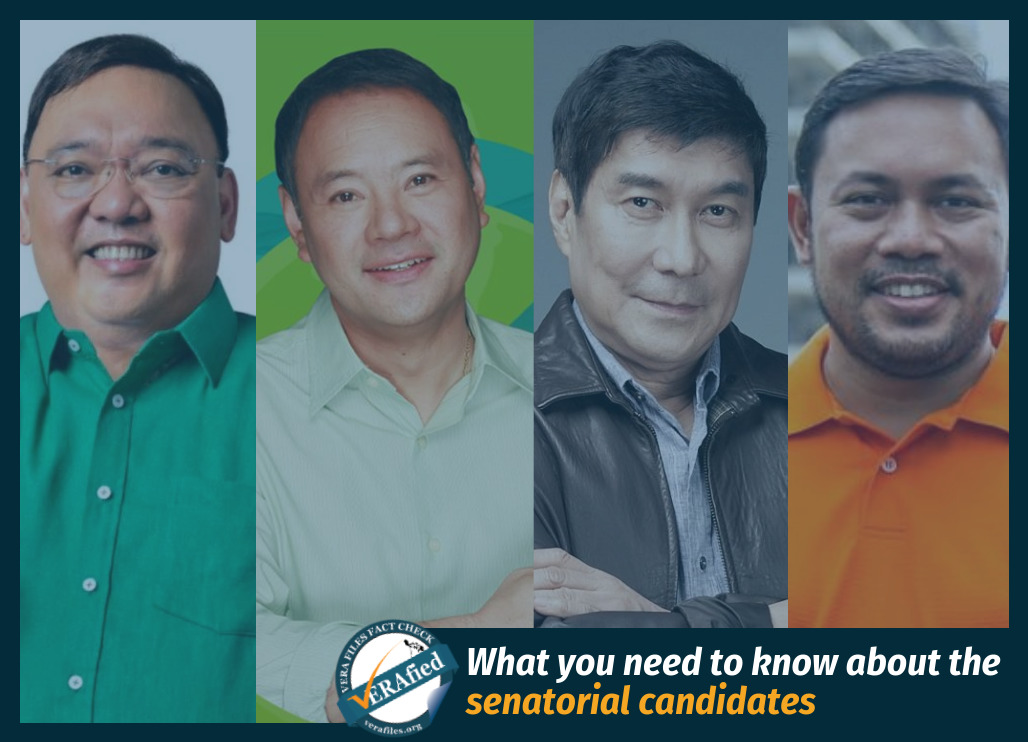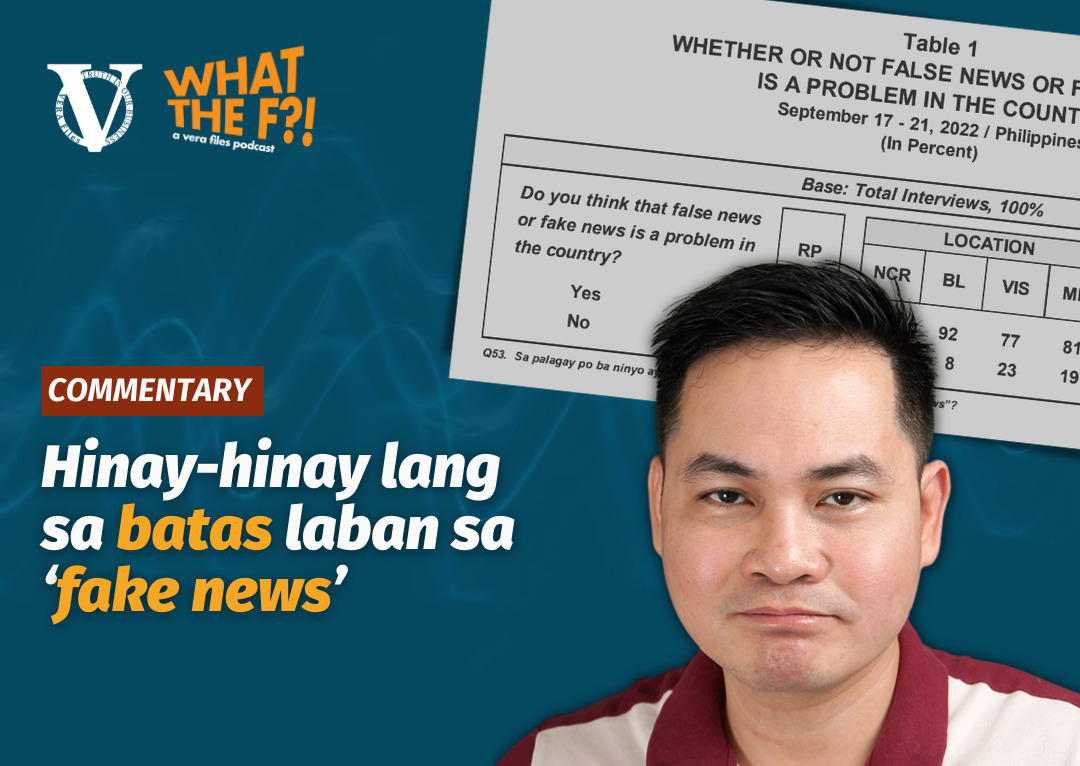This story was updated to reflect how VERA Files defines misinformation and disinformation. On Nov. 12, MAKABAYAN Coalition Spokesperson Reyna Valmores Salinas reached out to VERA Files to clarify Rep. France Castro’s inclusion in this list. Castro has duly issued a correction pertaining to her statement that VERA Files fact-checked on May 13, 2024. We updated the original fact check to incorporate her erratum.
(Updated) The Commission on Elections (Comelec) released on Oct. 16 a partial list of 66 aspirants to the Senate in the 2025 elections. Some 117 others face petitions to be declared nuisance bets while one had withdrawn.
Along with nominees of 156 party-list groups, a total of 184 senatorial aspirants for the midterm elections filed their certificates of candidacy (COCs) from Oct. 1 to 8 at the Manila Hotel’s “tent city.”
VERA Files Fact Check tracked who among the initial senatorial wannabes have been flagged for sharing mis- and disinformation since April 2016, when it began its fact-checking initiative.
Misinformation can be unintentional, while disinformation is deliberately spreading false or misleading information to harm a person, social group, organization, or country.
See how the aspirants fared here.
Senatorial aspirants
VERA Files has fact-checked statements from government officials and public figures that contained untruthful claims. Some of them are eyeing Senate seats in 2025. Find out who tops our list of fact-checked aspirants:
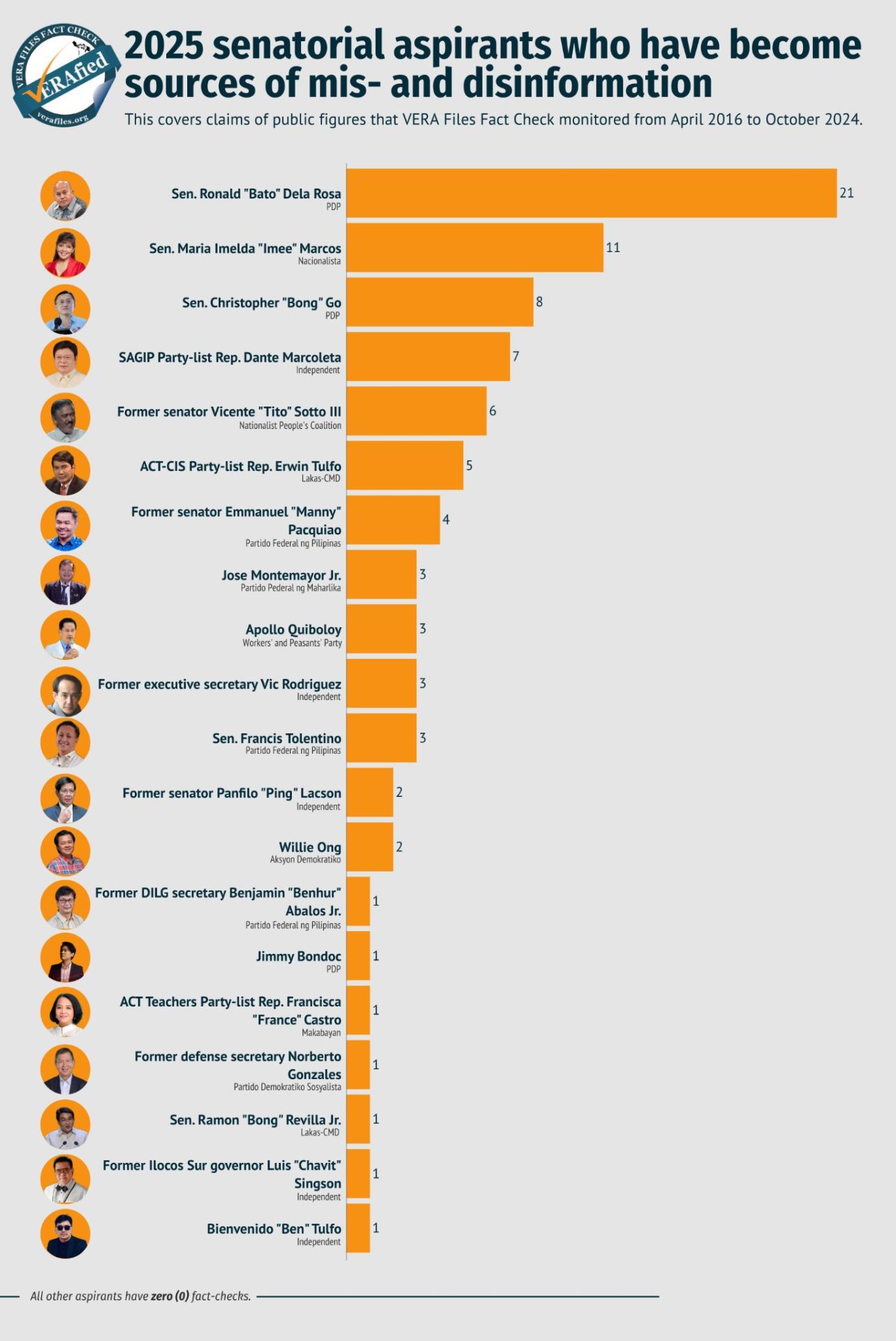
What’s next?
Comelec Chairman George Garcia announced on May 15 a ban on candidate substitution past the filing period, which ended on Oct. 8. The decision was made unanimously by the commission en banc.
Aspirants may still withdraw after the COC filing period but before election day on May 12, 2025.
Garcia said that substitution will be permitted only on grounds of death or disqualification, in line with the Philippine Omnibus Election Code.
According to the Election Code, candidates can be disqualified on the following grounds:
- Declared insane or incompetent by competent authority;
- Sentenced by final judgment for subversion, insurrection, rebellion or any offense with a sentence of more than 18 months or for crimes involving “moral turpitude” unless given plenary pardon or granted amnesty;
- Declared guilty by final decision of committing election offenses in line with the Omnibus Election Code;
- Permanent resident or immigrant in a foreign country, unless status was waived in line with residency requirements for candidacy.
In such cases, replacements may file their COCs until noon on election day, provided they belong to the same political party and have the same surname as the deceased or disqualified candidate.
Aspirants excluded from the initial list have the option to contest their “nuisance” status. Garcia said in an Oct. 19 Teleradyo Serbisyo interview that the commission aims to resolve these cases by the end of November.
Comelec hopes to finalize the list of candidates for national and local positions before the scheduled printing of ballots in December.
With the official campaign period for national positions set to begin on Feb. 11 next year, Comelec has issued guidelines for online campaigning and the use of artificial intelligence (AI) in campaign materials.
AI in election propaganda is permitted as long as its use is disclosed. Failure to comply will be considered an election offense.
Candidates can also be disqualified for “coordinated inauthentic behavior” and for using fake accounts and bots to “propagate disinformation… in endorsing or campaigning against [candidates] or targeting the Philippine election system,” in line with Comelec Resolution No. 11064.
Candidates and political parties will be required to register with the commission their official social media accounts to be used for campaigning.
